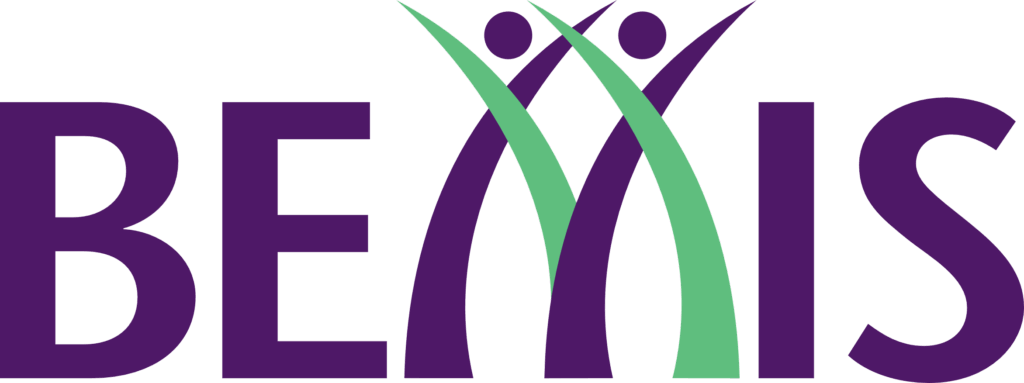Newsletter
- Issue 1, February 2018 (PDF)
- Issue 2, January 2019 (PDF)
- Issue 3, June 2019 (PDF)
Europe has been for many years a major migrant destination and is becoming increasingly multicultural. On 1 January 2016, the number of people living in the EU who were citizens of non-member countries was 20.7 million, while the number of people living in the EU who had been born outside of the EU was 35.1 million. In 2015 alone, 1.4 million EU citizens migrated to another Member State. According to the International Organization of Migration (IOM), almost 1.5 million migrants and refugees arrived in Europe in the last two years only. Naturally, social inclusion of all these newcomers and already existing ethnic or cultural minorities (ECM) is an important issue throughout the EU. According to the Standard Eurobarometer 86 of 2016, immigration is considered the most important issue the EU is facing at the moment (45%) and the second most important at country level (26%).
Social integration takes place at multiple levels, and one of the most sensitive fields is that of school education. An important factor affecting the integration process is parental engagement and attitude. Both parents from the host societies and migrant/refugee/ECM parents have a direct influence on the attitude, behaviour and performance of their children, and consequently the integration process as a whole. Positive parental engagement is of paramount importance for the social inclusion of migrant/refugee/ECM children. Therefore, the overall objective of the Parents4all project is to raise awareness, empower, and develop the intercultural competences among parents of the host societies and migrant/refugee/ ECM parents to enable them to contribute effectively to the social inclusion of refugee/migrant/ECM school-age children.
The EU Member States have adopted various strategies in order to promote social inclusion, ranging from comprehensive integrative measures (as is the case of Germany were immigration has a long history) to measures of somehow limited or fragmented scope (as is the case of Greece or Lithuania, where immigration is a relatively recent phenomenon). Consequently, intercultural awareness and competences of the host populations differ greatly among the Member States, as do available resources for the empowerment of refugees, migrants and people belonging to ECM.
In recognition of this fact, the Parents4all partnership, prior to submitting an intervention proposal to the National Erasmus+ Agency, conducted desk research in all partner countries (Germany, Greece, Italy, Lithuania, Scotland and Spain) in order to identify the main needs of parents in terms of intercultural competences and empowerment with respect to the social inclusion of refugee/migrant/ECM children. The research took place in January to February 2017 and findings were updated in November 2017.
Aims and Objectives
The overall objective of the Parents4all project is to raise awareness, empower, and develop the intercultural competences among parents of the host society and parents belonging to ethnic or cultural minorities (ECM) to enable them to contribute effectively to the social inclusion of ECM school-age children. It is important to improve the competences and knowledge of parents of the education systems. Parents’ engagement in their children’s education can have a positive effect on the interaction of pupils of different origins, ethnicities and their engagement with school, and social integration in general.
Since 2015, 20 million non-EU nationals were residing in the EU and made up 4% of its total population (Eurostat). Both the existing migrants and new Refugees arrived in the last two years are facing difficulties of integration and social inclusion across all EU countries at all levels. The recent research carried out across Europe about refugee and migrant parents highlighted that lack of parental engagement and lack of knowledge about the host countries’ school system structures, functions and rules etc. often adds a psychological pressure on both parents and their children. The research also highlighted that some parents of host society do not want their children to attend the same school as the migrant children.
The aim is to develop materials for both refugee/migrant parents and parents from the host society to educate them on intercultural competences, equality and diversity. The resources will help to raise awareness, empower, build their confidence and their competences, to challenge any prejudices and build tolerance, knowledge, and understanding of each other’s cultures and education systems.

